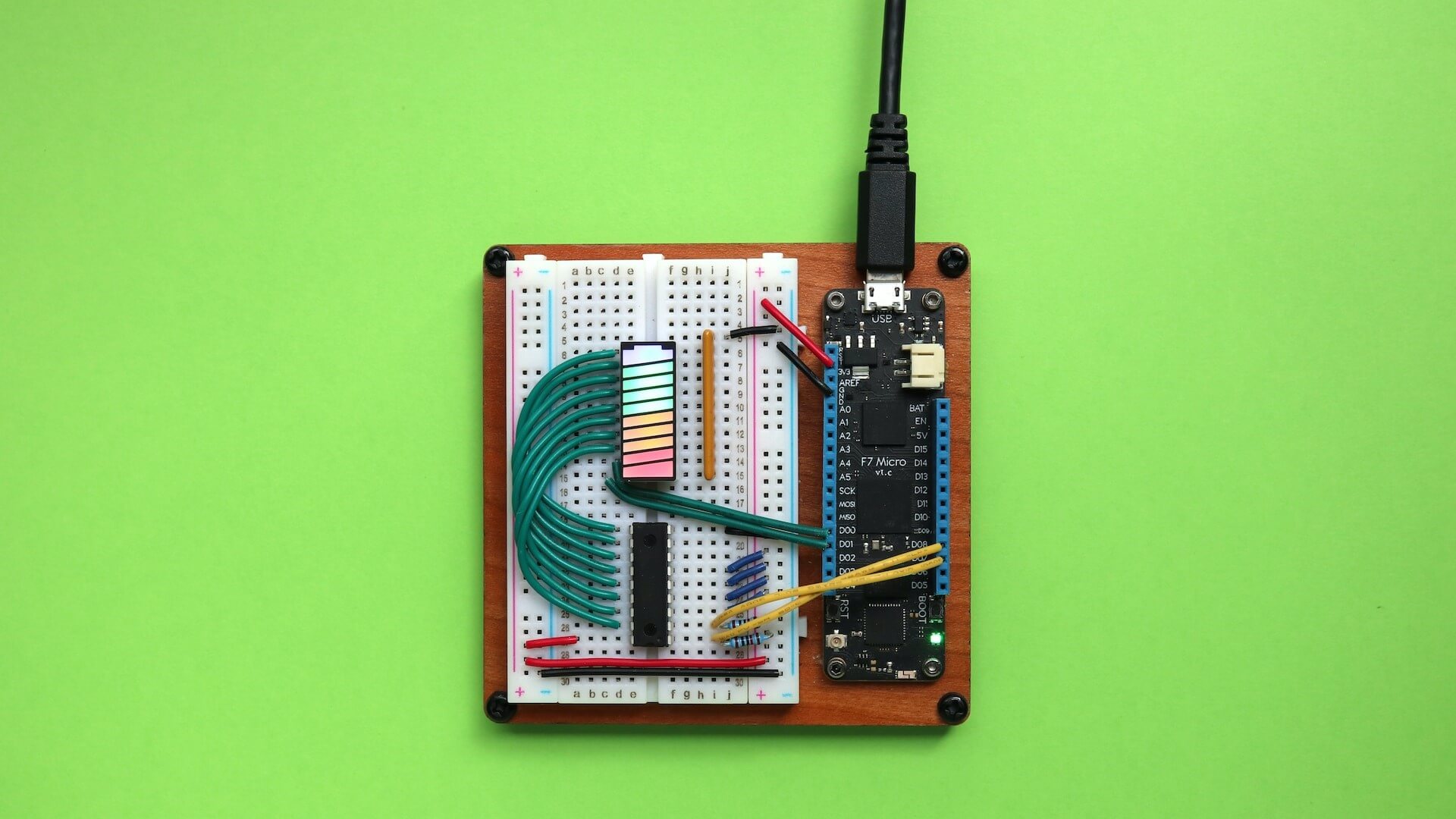
UK-based research firm Omdia recently released some very exciting findings. 70 percent of enterprises plan to deploy IoT within the next two years, and these companies are making this choice because they expect a quick return on investment. In fact, 70 percent of respondents expect a return on investment within one year, and for another 30 percent, within six months.
Why is IoT deployment increasingly important for all organizations?
The Internet of Things is a rapidly evolving phenomenon that is changing the way we live, work and play. IoT deployment is increasingly important for all organizations because it can help them gain a competitive advantage through better decision making and customer engagement. With the massive collection of IoT data, organizations can make more informed choices that can positively impact their business outcomes.
The return on investment from IoT deployments is multifaceted and broad. It can help organizations improve efficiency and reduce costs due to the fact that IoT technology can provide a single view of an organization's operations, enabling them to make better decisions.

IoT integration is one of the most effective ways to improve a company's productivity, but it can also be an expensive investment. The return on investment for IoT depends on many factors, including deployment and maintenance costs, as well as the benefits it can provide. One mistake organizations shouldn't make is trying to integrate IoT technology into their business processes without sufficient and significant expertise. This can lead not only to more long-term costs, but also to problems with employees embracing this new technology.
Business Leaders Still Face Challenges in IoT Deployment
While many organizations are interested in implementing IoT solutions to some degree, they also face a number of obstacles. These include
Security: Enterprises must ensure that data and devices are protected from hackers and other unauthorized users. With the increase in these devices, there are multiple security concerns.
Data management: Enterprises need to find a way to store all the data generated by their IoT devices, as well as a strategy for analyzing that data and making decisions based on it. There is also the issue of lack of standards for data integration and storage across devices and systems.

Integration with legacy systems: It is critical that companies integrate their new IoT solutions with existing outdated systems. If not done correctly, devices and systems will not work together or with each other.
The challenges companies face in IoT integration are broad and varied. Some other challenges include lack of skills needed to design and implement IoT solutions, inadequate understanding of how to procure or manage IoT services, and insufficient knowledge of how to integrate the solution with other business systems.
One answer is to outsource the integration process. This allows companies to focus on their core business while outsourcing all other tasks associated with IoT deployment.






